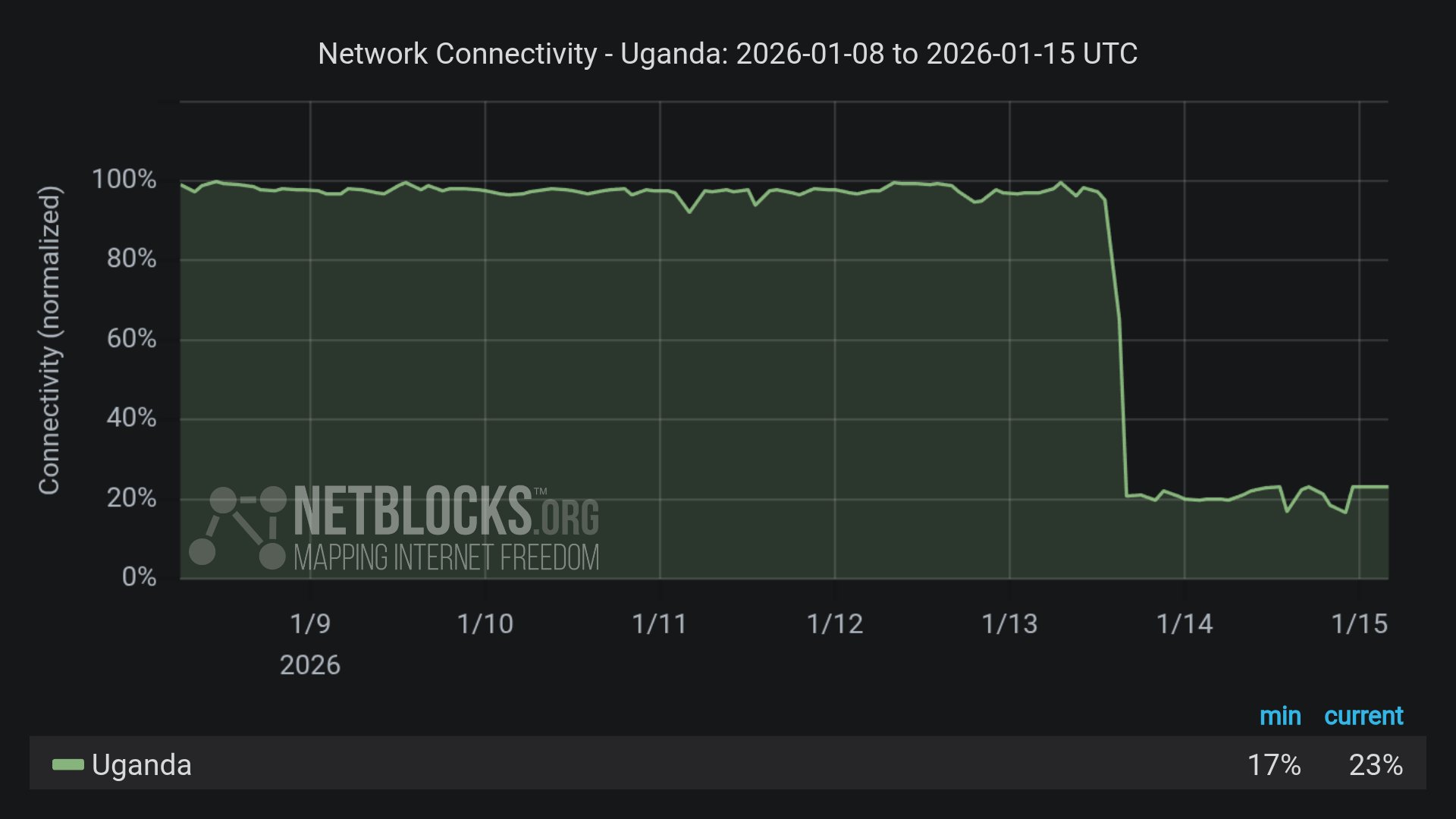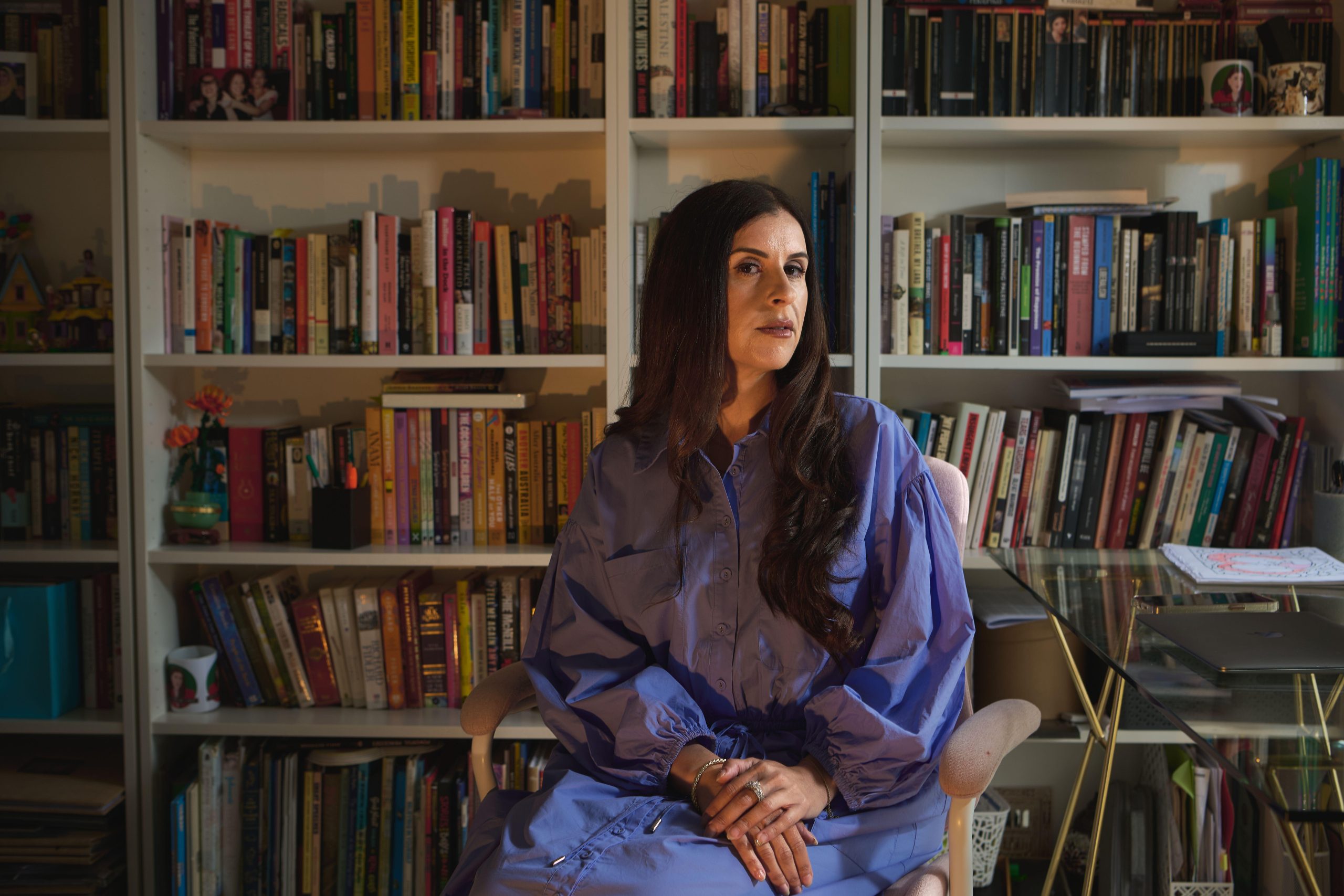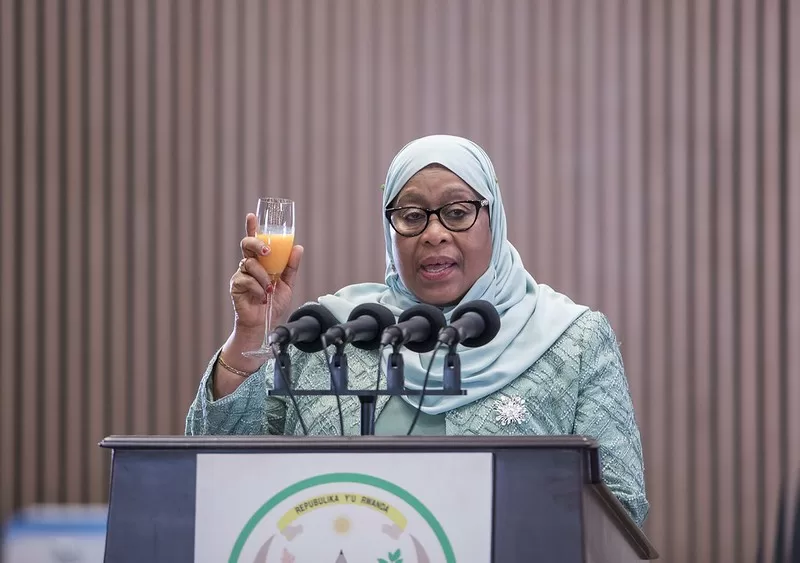This article first appeared in Volume 54, Issue 1 of our print edition of Index on Censorship, titled The forgotten patients: Lost voices in the global healthcare system, published on 11 April 2025. Read more about the issue here.
Over the past 15 years, Bibi Jan has already endured the unimaginable pain of losing four of her children due to malnutrition and inadequate medical facilities. She is now deeply anxious about the health of two of her three surviving children.
I met the 30-year-old in December 2024 at the Zabul Provincial Hospital. I found her sitting beside her two sick children, aged six and three, her face etched with worry. She spoke in a trembling voice.
“Each of [my children] passed away after reaching six months or one year of age,” she told me. “Now, my two other children are also sick. I brought them to this hospital for treatment. The doctors have admitted them. I am staying here while my husband visits us during the day and returns home at night.”
Bibi got married when she was only 15 to a man who was 15 years her senior. “My father gave me away in marriage when I did not consent,” she said. Since then, she has given birth nine times, but only one daughter and two sons have survived.
The women and children’s ward of the hospital was so overcrowded that it was nearly impossible to find any space. Every bed was occupied, and some patients were sharing a single cot or lying on the floor, waiting desperately for medical attention.
Sitting next to Bibi was another woman, 37-year-old Fatima, who had brought her two-and-a-half-year-old child in for treatment. “Due to a lack of sufficient food, my children suffer from malnutrition and one of them is severely ill,” she said. “We barely have anything to eat at home, let alone access to proper medical care.”
The tragic accounts of Bibi and Fatima are just two of countless stories that reflect the dire humanitarian crisis in the southern province of Zabul. Women and children in this province face life-threatening health risks daily. The Zabul Provincial Hospital, which is the only major healthcare centre in the region, is grappling with critical shortages of medicine and medical equipment.
One of the doctors at the hospital, who preferred to remain anonymous, described the grim reality of their struggle: “We are trying to save patients’ lives with the minimal resources available, but we lack adequate medicine and equipment. Foreign aid is not distributed properly, and most of it goes to specific Taliban-affiliated groups. Ordinary people, especially women and children, are deprived of this aid.”
The drastic reduction in international aid following recent political changes has plunged Afghanistan’s healthcare system into an unprecedented crisis. This includes both the reduction of government healthcare assistance within the country since the Taliban’s takeover and recent reductions in foreign aid, particularly from Donald Trump’s administration in the USA and his cuts to United States Agency for International Development (USAID) funding.
Organisations that once provided crucial support to medical centres in Zabul have either suspended their assistance or significantly reduced the resources they provide. Meanwhile, the Taliban lacks the capabilities and infrastructure to manage this growing catastrophe, and has actively enforced policies that make healthcare access harder.
A worsening nationwide problem
According to the United Nations Office for the Co-ordination of Humanitarian Affairs (OCHA), Afghanistan has a maternal mortality rate that is nearly three times the global average – for every 100,000 births, 600 women die.
In a recent report, the OCHA warned that this year nearly half of Afghanistan’s population – or 22.9 million people – will require humanitarian assistance just to survive. The report also stated that 14.8 million people, more than a third of the country’s population, will face acute food insecurity by early 2025.
This crisis extends far beyond Zabul. The Abu Ali Sina Balkhi Provincial Hospital in Balkh is also overwhelmed by the growing number of patients and the worsening economic situation.
At about 4pm one afternoon, a sudden commotion erupted in the overcrowded hallways of the hospital. A 42-year-old man, visibly pale and weak, was lying on a stretcher. He was a roadside vendor who had earned no income that day. His blood sugar levels had spiked dangerously high, leaving him unable to move.
His 12-year-old son and a coworker, both visibly distraught, had rushed him to the hospital. Despite the doctors’ immediate attention, his condition was too severe for him to be saved. About 20 minutes later, a doctor’s voice emerged from his office: “The patient has passed away.”
Hospital officials then turned to his young son and requested that he contacted a family elder to collect the body.
Many of the patients seeking treatment in hospitals across the country have lost their jobs, struggle with chronic illnesses exacerbated by economic hardship, or suffer from the psychological toll of Taliban rule. Additionally, cases of suicide among women, driven by social issues such as domestic violence and forced marriages, have been steadily increasing.
Taliban restrictions further endanger healthcare access
The OCHA has expressed serious concerns over the increasing restrictions imposed by the Taliban on women’s employment and education in the healthcare sector. These policies have drastically limited access to essential medical services for mothers and children across Afghanistan.
According to the OCHA, the country’s economy has shrunk by nearly a third since August 2021. The ongoing political crisis, an inefficient financial system, severe cuts in development budgets and Taliban-imposed restrictions have seriously damaged the country’s ability to deliver basic services.
The organisation highlighted the alarming maternal mortality rate during childbirth in particular, emphasising that the Taliban’s restrictions on women working in healthcare have made access to medical care increasingly difficult.
In addition to these policies, last year the Taliban also banned women from studying in medical institutes, further depleting the already inadequate number of female healthcare workers and stopping them from being able to train in professions such as nursing, midwifery and dentistry. These were some of the only educational avenues left for women.
The desperate need for female doctors
In Badakhshan province, women are particularly affected by the shortage of female doctors. Fatima, a 24-year-old woman, expressed her deep concerns: “I always accompany my relatives who come from remote areas to the central hospital in Badakhshan because they don’t know the way. The situation is truly worrying. There are so many patients but not enough female doctors. We must wait for hours just to get seen by one.”
She recounted the harrowing experience of one of her neighbours who suffered severe complications due to a lack of doctors.
“Several specialised doctors we had have all left the country,” she said. “My neighbour had to undergo surgery in the absence of specialists, but due to severe bleeding she had to go through another surgery within a week. She nearly died.”
Dr Noshin Gohar Karimi, who works at Faizabad Provincial Hospital, voiced similar concerns on his Facebook page: “The workload in Faizabad Provincial Hospital has exceeded the capacity of the staff. Unfortunately, due to a lack of budget, increasing bed capacity and staff recruitment are not possible. The hospital was originally designed for 128 beds, but today more than 310 patients are admitted. In the paediatric ward, which has only 30 beds, 120 sick children and their mothers are currently being treated.”
The healthcare workforce crisis
The shortage of medicines and lack of funding remain among the most pressing challenges in Afghanistan’s healthcare system. A nurse at a government-run, public hospital in Kabul highlighted the ongoing crisis: “We used to have more staff, but over the past two years the workforce has decreased significantly. Now, one person has to do the work of several people and, as a result, patients do not receive adequate care. In addition to that, doctors and nurses face persistent delays in their salaries.”
She added: “Before the Taliban took over, medical equipment was already scarce but, after that, even that small supply stopped. Many machines have become old and worn out, and hospital officials say they have no budget to replace them.”
A nurse at a private hospital in Kabul also reported severe staff shortages in various departments. “There is a lack of personnel in all sections. In the nursing department, especially, we do not have enough staff and are forced to do the work of several people alone, while our salaries have also been reduced.”
With a collapsing healthcare system, increasing restrictions on women and dwindling international aid, Afghanistan faces a healthcare catastrophe that threatens the lives of millions.
Additional reporting by Rukhshana Media reporters






